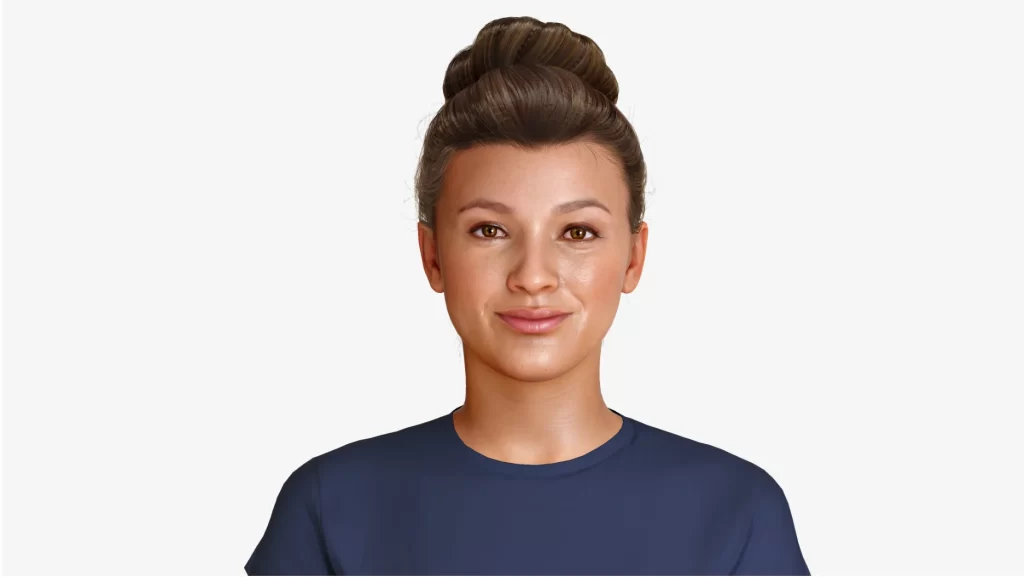
What You Should Know:
– The World Health Organization (WHO) unveils S.A.R.A.H., an AI-powered digital health promoter, available 24/7 in eight languages via video or text.
– S.A.R.A.H. provides tips to destress, eat right, quit tobacco and e-cigarettes, be safer on the roads as well as give information on several other areas of health.
About Sarah: WHO’s First Digital Health Promoter
S.A.R.A.H. (Smart AI Resource Assistant for Health) leverages cutting-edge generative AI technology:
- Enhanced Empathetic Response: S.A.R.A.H. goes beyond scripted interactions, engaging in dynamic conversations that provide nuanced and empathetic support.
- Personalized Health Information: Access information on various health topics, including mental health and healthy habits, tailored to your specific needs.
- 24/7 Availability: S.A.R.A.H. is available anytime, anywhere, on any device, empowering you to take charge of your health journey.
S.A.R.A.H. empowers individuals to:
- Understand Health Risks: Gain insights into risk factors for leading causes of death like cancer, heart disease, and diabetes.
- Make Informed Decisions: Access up-to-date information on quitting tobacco, maintaining a healthy diet, staying active, and managing stress.
- Realize Your Health Rights: S.A.R.A.H. is a valuable tool to access reliable health information, promoting health equity worldwide.
A Call for Continued Development
The S.A.R.A.H. project prioritizes continuous learning and refinement to ensure the highest ethical standards and evidence-based information. The WHO calls upon researchers, policymakers, and healthcare providers to collaborate on responsible AI development for global health benefit. Previous iterations of S.A.R.A.H. were used to disseminate critical public health messages, under the name Florence, during the COVID-19 pandemic on the virus, vaccines, tobacco use, healthy eating and physical activity.
“The future of health is digital, and supporting countries to harness the power of digital technologies for health is a priority for WHO,” said WHO Director-General Dr Tedros Adhanom Ghebreyesus. “S.A.R.A.H. gives us a glimpse of how artificial intelligence could be used in future to improve access to health information in a more interactive way. I call on the research community to help us continue to explore how this technology could narrow inequities and help people access up-to-date, reliable health information.”

